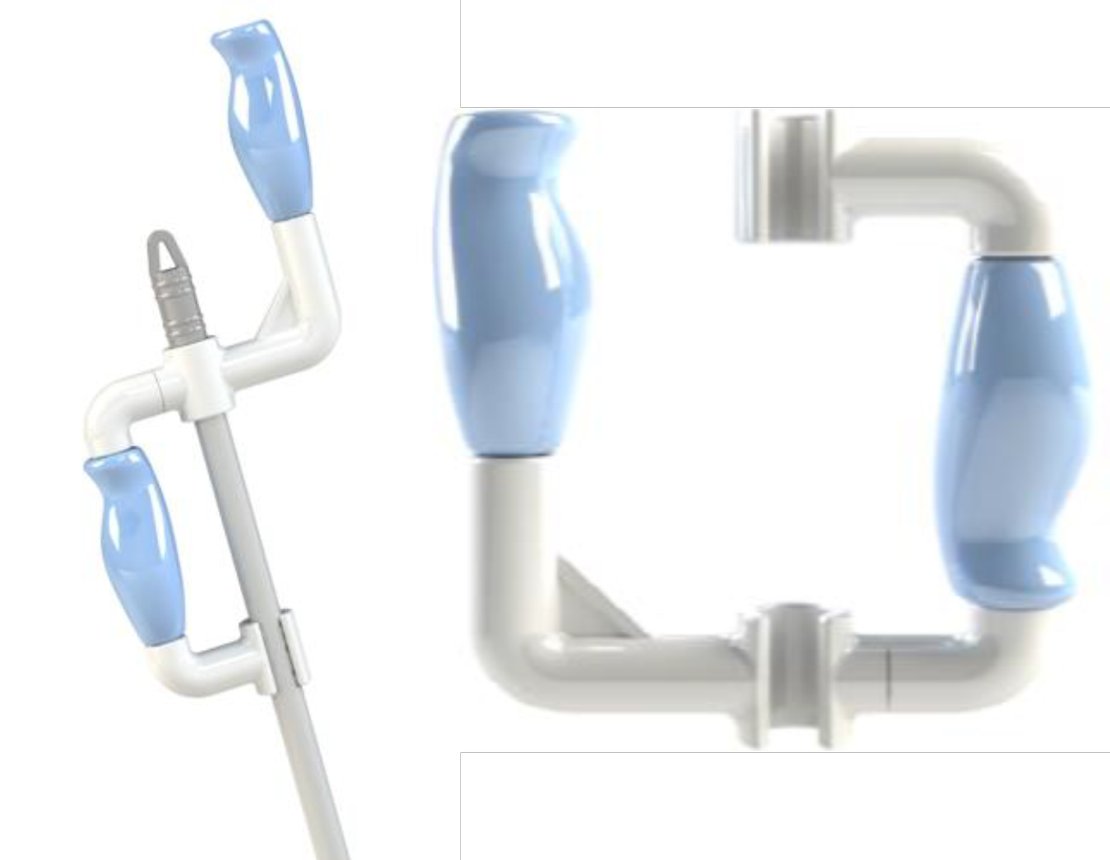RAS | Robotics in professional office cleaning
Project overview
DesignLab entered into a collaboration with the Council for Industrial Relations in the Cleaning and Window Cleaning Industry, to explore the possible use of technology/robotics in the professional office cleaning industry with the help of two EngD students.
- Full name: Robotics in Professional Office Cleaning
- Duration: 2021
- Funding: Raad voor Arbeidsverhoudingen in de Schoonmaak-en Glazenwassersbranche (RAS) (Industrial Relations in the Cleaning and Window Cleaning Industry)
- Status: Project Closed
Automation and Technology is being implemented more and more in society. People are being replaced by robots for certain jobs. The Council for Industrial Relations in the Cleaning and Window Cleaning Industry wanted to explore different dimensions of the use of technology/robotics in the professional office cleaning industry with the help of two EngD students due to the issues that are arising in the cleaning industry. The cleaners themselves face physical and psychosocial problems due to their work, and the cleaning companies suffer from a shortage of staff and overall financial pressure. These problems are all interconnected and, in some cases, reinforce each other. Could implementing technology solve this issue?
- Research whether technology is a good solution to the problems the cleaning industry is currently experiencing
- Take all stakeholders into account
EngD students Roy van Zijl and Thomas Raub worked on this project for the The Council for Industrial Relations in the Cleaning and Window Cleaning Industry. This project was carried out by DesignLab and The University of Twente. Roy and Thomas researched to what extent it was possible to use technology/robotics in professional office cleaning. Thomas focused more on the development of a toolbox and the relates norms and values, while Roy concentrated on the implementation and physical prototypes of cleaning technologies.
The first phase of research consisted of defining the issues the cleaners in the industry face through literature and sessions with involved parties and investigating whether technology could be a solution to these issues. This turned out to be the case, so the research was expanded by exploring the demands and desires regarding technology within the sector. This included, among other things, market research and co-design sessions.
“Much of the research focused on how we could implement technology in the sector. It is conservative by nature and the opportunities for innovation are scarce. It is therefore very important that developed technologies and products are implemented with great care, and the sector is included in the development process.ˮ - Roy van Zijl
Five concept technologies were developed. These varied in terms of execution, from concept sketches/animations to physical prototypes that went through several design cycles. These prototypes were tested with cleaners, buisiness owners, and other representatives from the sector. This allowed the students to draw conclusions about which possible technologies could be used in the industry.
The students provided the sector with a roadmap for implementation of technology across the industry. This roadmap provided the sector with information about possible developments that could occur, as well as ways to address them and focus points based on the work done by Thomas and Roy.



